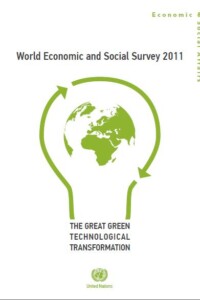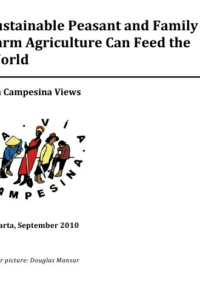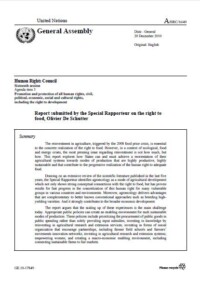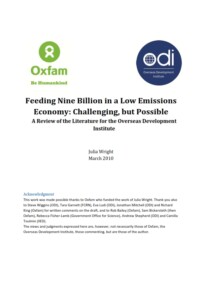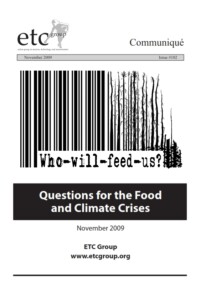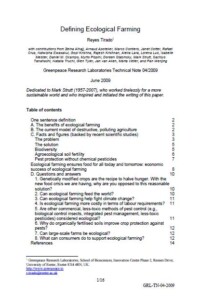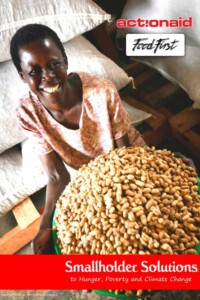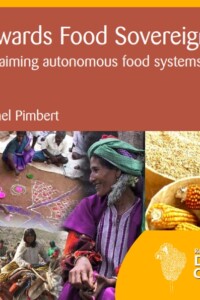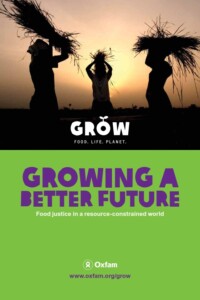Against a backdrop of a rising global population and unceasing pressure on the natural environment,
the 2011 edition of the World Economic and Social Survey try to give guidance to achieve a much-needed technological transformation to a greener, cleaner global economy.
Sustainable Peasant and Family Farm Agriculture Can Feed the World
La Vía Campesina believe that agroecological food production by small farmers is the agricultural model best suited to meeting future food needs. Peasant-based sustainable farming systems based on agroecology and Food Sovereignty offer much hope.
Agroecology and the right to food
The report explores how States can and must achieve a reorientation of their agricultural systems towards modes of production that are highly productive, highly sustainable and that contribute to the progressive realization of the human right to adequate food.
Feeding Nine Billion in a Low Emissions Economy: Challenging, but Possible A Review of the Literature for the Overseas Development Institute
What would agriculture that mitigated climate change, and still fed nine billion in 2005, look
like? What options are there for modifying existing farming systems and developing novel ones? These are the questions this short review of the literature addresses.
Who Will Feed Us? Questions for the Food and Climate Crises
Read MoreDefining Ecological Farming
Read MorePolicies and actions to eradicate hunger and malnutrition
This working document has been drafted by a committee of people from social movements that also integrated input from a broad range of organisations and individuals. About 300 organizations have signed on to the main recommendation in the document.
Smallholder Solutions to Hunger, Poverty and Climate Change
Sustainable, smallholder agriculture represents the best option for resolving the fourfold food-finance-fuel and climate crises.
Towards food sovereignty: reclaiming autonomous food systems
Towards Food Sovereignty is an online book with linked video and audio files. The first three chapters, available here, begin to describe the ecological basis of food and agriculture, the social and environmental costs of modern food systems, and the policy reversals needed to democratize food systems.
Growing a Better Future Food justice in a resource-constrained world
The report looks into the age of crisis; a skewed and failing system. Based on challenges it looks into the new prosperity and how to grow a better future and a new agricultural future. It also looks at the myths of smallholders, and put forward proposals for a new agricultural investment agenda.

